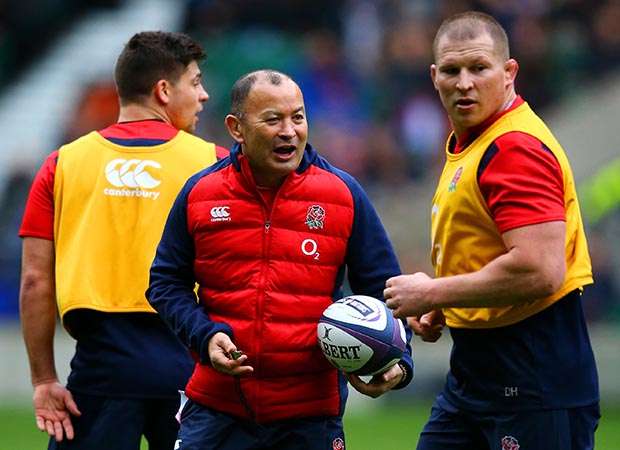
 Just as Eddie Jones and Dylan Hartley were about to hold forth about England’s preparations for Murrayfield a huge gust courtesy of Storm Gertrude nearly blew the outside door of their Six Nations Press conference room off its hinges.
Just as Eddie Jones and Dylan Hartley were about to hold forth about England’s preparations for Murrayfield a huge gust courtesy of Storm Gertrude nearly blew the outside door of their Six Nations Press conference room off its hinges.
As the noise of the clanging thud bounced off the walls of the private sports club in south west London on Wednesday, newly appointed England captain Hartley reacted quickest. He quipped: “Is that a sign? Is that bad ju-ju?.”
When it comes to the bad ju-ju of disciplinary doors slamming in his face, having been ruled out of World Cups and Lions tours, Hartley has unrivalled expertise. Little wonder he was unfazed by an incident that didn’t carry a lengthy spell on the sidelines. However, the question left hanging in the air was who would it be bad ju-ju for – England, or Scotland?
The most interesting aspect of Six Nations Press conferences is not so much what is said, as the mood music. It is a chance to see the protagonists before they get to grips with each other on the pitch, and to assess from body language, as well as what is said, who is handling the pressure best.
While Jones was still effervescent and upbeat despite a relentless schedule since taking over as England head coach at the end of November, Hartley was inevitably more guarded with the muckier aspects of his career being raked over non-stop.
What is intriguing about Jones, despite an untimely catalogue of injuries denying him the services of Manu Tuilagi, Henry Slade, Kieran Brookes and Dave Ewers, is that there are no signs of self-doubt. Refreshingly, the England camp is a ‘no excuses’ zone, with no attempt to list mitigating factors ahead of the trip to Edinburgh – despite very limited preparation time for a new coaching regime.
If confidence is infectious, Jones is a contagious host. Part of his confidence could stem from the fact that of all the teams England could have met in the opening round, Jones would have picked Scotland.
They were the only Six Nations team in Japan’s World Cup pool, and after Jones had masterminded the Brave Blossoms epic win over South Africa, it was nip-and-tuck whether they or the Scots would qualify for the last eight.
Japan were scuppered when the teams met at Gloucester due to a three-day turn-around following the physically draining game against the Springboks. By contrast, the Scots, playing their first game of the tournament, were as fresh as daisies and pulled clear to a comfortable win in the second half.
However, the forensic analysis that Jones and Steve Borthwick, his forwards coach with Japan – and now England – did on the Scots will have given them a head start in preparing for the Calcutta Cup.
As Jones put it: “Scotland play a certain way and have certain characteristics. With two weeks preparation they’re not going to be able to change a lot. So, we’ll have that knowledge….but at the end of the day it’s going to come down to which side executes best.”
Hartley was more focused on England learning their lines. “We’ve got two weeks to prepare for this, and for me as captain – and I’m sure for Eddie as boss – it means getting everyone on the same page and as well prepared as possible. The challenge is obvious. We are away from home, playing against a proud team, and we are just keen to get stuck in. We will be prepared, and we are excited about it.”
However, Hartley admitted that he was not well prepared for his first address to the England squad. “The man next to me (Jones) said five minutes before the meeting, ‘have you got your speech ready?’. I said are you joking, and he said ‘no’. So, I sat there for about 15 minutes in the meeting thinking, ‘Jeez, was he serious?’. And sure enough, he was. I talked to the squad, and I kept them for two minutes afterwards and had a quick chat – and that is between me and them.”
What is clear already is that while Jones likes to joke there is usually a message in there, whether it’s for his team, or for wider consumption. The way he turned raconteur to explain his decision to bring George Smith, the Wallaby centenarian openside now with Wasps, in as a breakdown consultant at Pennyhill Park last week is a case in point.
“I think he’s just had coffee with my wife… I hope he’s done some work with the forwards. He’s just going through some basic drills. The funny thing about George is it just shows you how players can change and mature. When George came into rugby he was a ratbag of a kid from Manly. He was always in trouble at school, had dreadlocks – he never washed them – so they used to give him the nickname ‘Camp Dog’, because his hair smelt so much. Now he has matured into this guy that is a real student of the game.”
Jones added: “Most brilliant players cannot tell you how they do it. Ask David Campese, my good mate, how he did things and he will have no idea. He won’t be able to tell you. George Smith is one of those rarities who is a brilliant player and has taken the time to understand what he has done. So, his ability to transfer that information on to players is priceless. Now it is what the players do with it… and that is how you get growth in players.”
Nor does his use of the rugby brains trust end there, with Jonny Wilkinson and the gnarled former Bath and England hooker, Graham Dawe, also visiting the England camp.
He said of Dawe: “One of the greatest hookers to have ever played for England is coming to do some tuition with our hookers.” When Jones was asked if he had played against Cornish farmer Dawe, the response was old school. “Yeah, he head-butted me at every scrum. I said to the players yesterday, ‘if I forget things, you know why’. I’ve had Jonny (Wilkinson) come in and do kicking sessions. It’s all part of getting players to grow and learn.”
When Jones was then drawn onto the subject of world domination – his avowed end-game with England – he did not miss a beat.
“I think every team wants to do that, don’t they? England did it in 2003. You can repeat history, and you can learn from history. The first step is to become the most dominant team in Europe. Once we’ve become the most dominant team in Europe, we can worry about becoming the most dominant team in the world. You’ve got to win in your own backyard first.”
To do so he will have to get ahead of a Wales side which has undergone a revival since Warren Gatland took over as head coach in 2008. However, Gatland appeared world-weary – or at least media weary – compared to Jones.
Gatland was in generous spirit to begin with, giving Hartley’s appointment the thumbs up. Confirming that he had a nightcap with the England hooker, Gatland said: “I just congratulated Dylan… and I spoke to Eddie and told him that I thought he had made a great appointment.”
However, going into his ninth Six Nations campaign, Gatland was more jaundiced where the media is concerned, voicing his disenchantment.
“Sometimes, in the past I might have had a joke and said something, or I could be honest and give an opinion. People took it the right way and it would not be misinterpreted or mis-reported. That is definitely not the case now. The unfortunate thing is you just end up playing a straight bat. You can’t be honest or give an opinion, or else, bang! In the past, I would get so bored that, when I was asked the same question, I would be mischievous and say something. Now, I can’t afford to do that.”
By comparison Jones was on a roll, going into overdrive when I asked whether he genuinely thought that England could claim to be underdogs against the Scots, despite being a place above them in the World Rugby rankings.
“Someone has to talk to that William Hill. Someone needs to talk to those betting shops and ask what’s going on here? We have talent, but they haven’t been cohesive. We have two weeks to make them cohesive. Scotland are favourites, but we are not scared of them. It’s a nice situation for us to go in as underdogs because England rarely go into a Six Nations as underdogs. So, it’s a great opportunity to play with freedom, have no pressure on us, and no expectation at all. Because you are all going to be tipping Scotland. I know you are…”
Jones’ ability as a communicator is out in the open, and he will be confident that he can relay his plan to beat the Scots clearly and concisely to his team. The only disconnect is that Jones appears much more confident of England’s ability to execute it than those of us haunted by the memory of their dismal World Cup campaign.
This is particularly true of the pack. We are talking about a unit in which injuries appear to have taken their toll on Dan Cole, and with the tighthead no longer rock-solid the England scrum has been shaky. The Red Rose lineout drive has also wilted to the point that it is ineffectual, and where are England’s big forward carriers?
There are shortfalls also where discipline is concerned, with too many penalties conceded, and a lack of rigour where kick-chase accuracy and urgency are concerned.
Jones has stated that a lack of pace to the breakdown, with Chris Robshaw at blindside and Billy Vunipola at 8, will not be critical against the Scots. This, despite a much faster hybrid surface being laid at Murrayfield last season, and the presence of two opensides, John Hardie and Blair Cowan, in their back-row. With that in mind, he has by-passed the athleticism and clout that Maro Itoje – who has shown Test credentials consistently this season – could offer at No.6 in favour of sticking by Robshaw.
In fact, once ten up-and-comers had been culled from his initial 33-man squad – with Itoje and the electric Wasps outside-centre Elliot Daly the most perplexing omissions – Jones’ inaugural selection against the Scots looked surprisingly conservative, especially in the pack. They were all regulars under Stuart Lancaster, except Jack Clifford and Paul Hill.
This is a clear statement by Jones that he has the technical skills as well as the inspirational ability to get substantially more out of those England forwards than the previous regime. That’s what you call confidence.



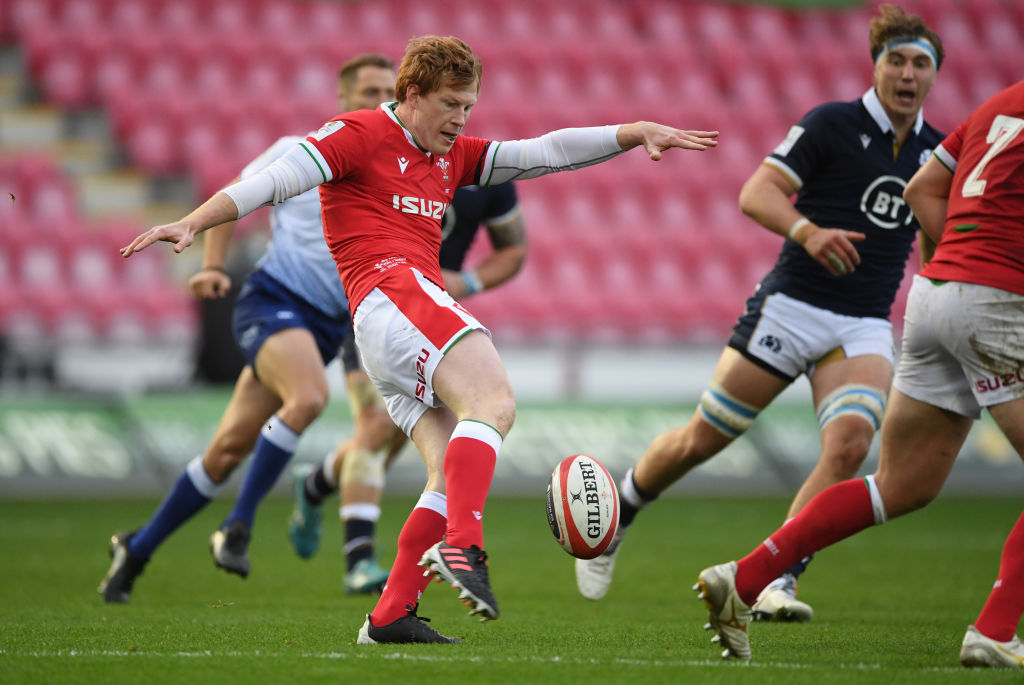

















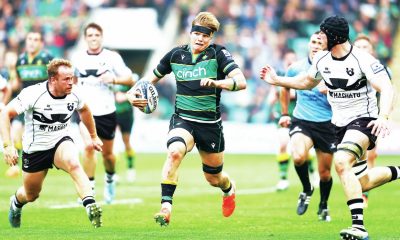

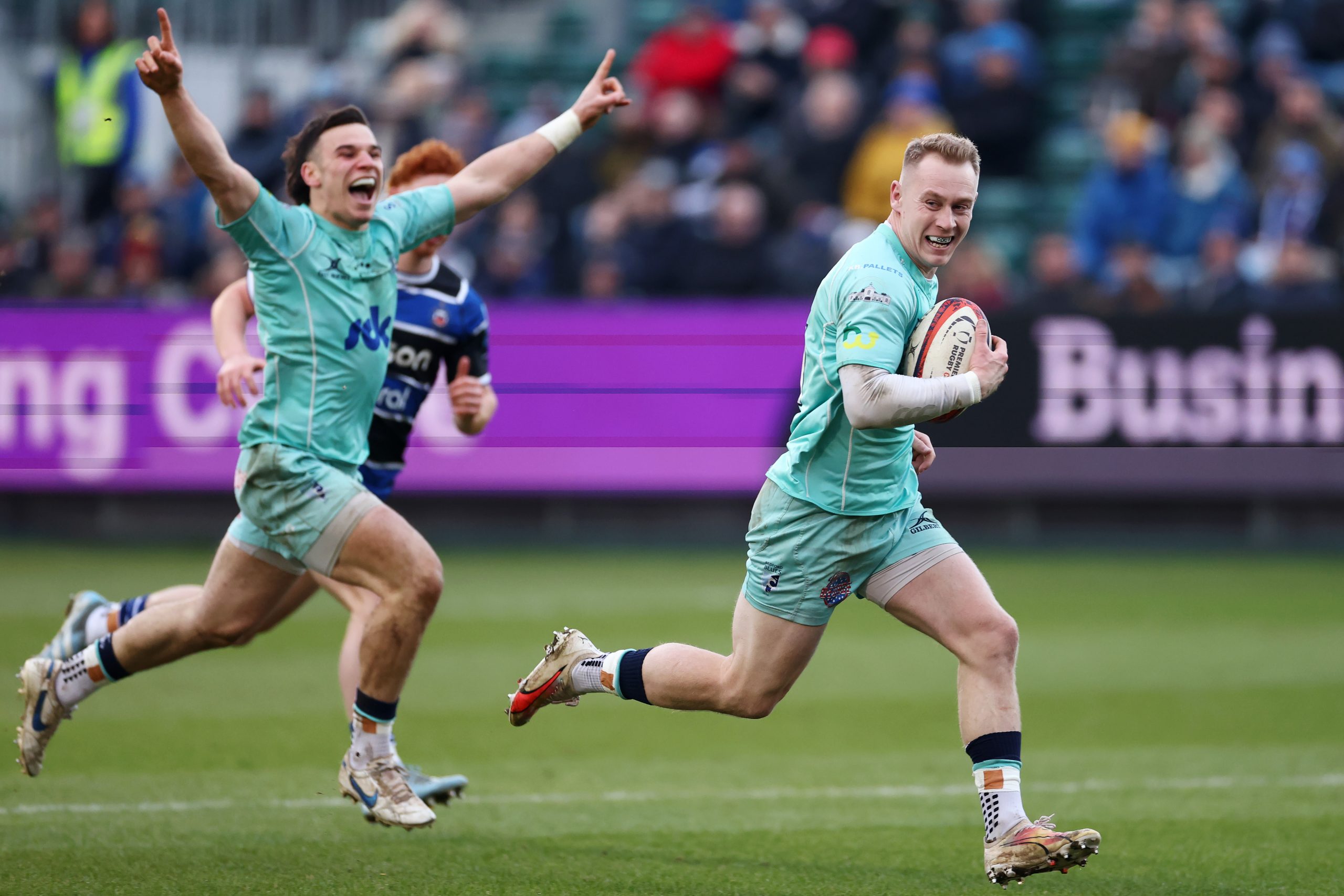
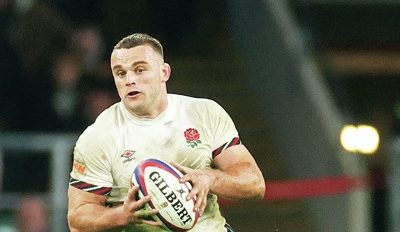

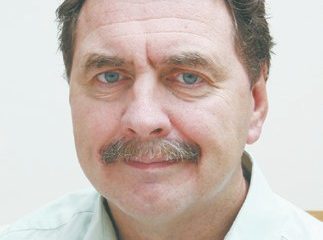

You must be logged in to post a comment Login